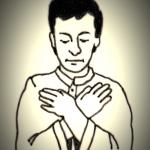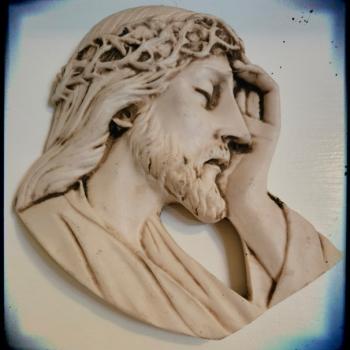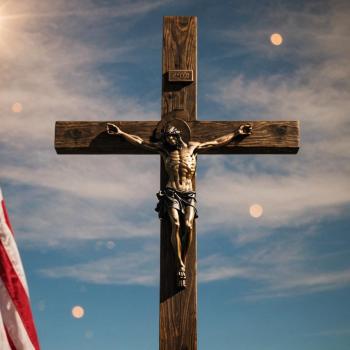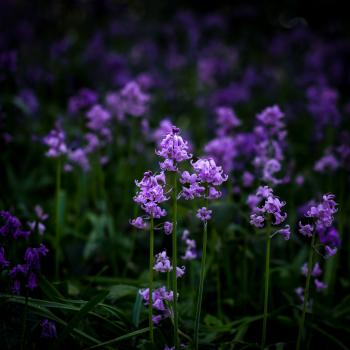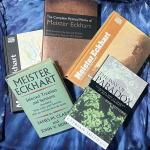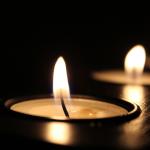It has been fifteen years since I began to approach the Lord’s Prayer as a contemplative practice. Through all the gifts of life, through grief, loss, separation, change, the onset of old age, the Lord’s Prayer has been a constant.
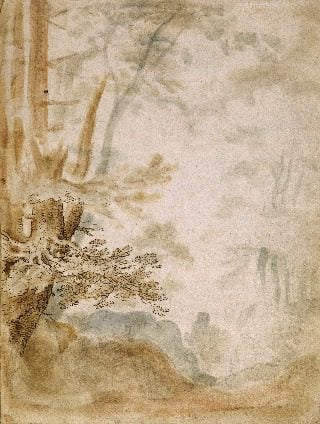
There have been long periods when it seemed the prayer held me fast and nothing could disturb its embrace. And long periods—weeks, months— when it seemed to have abandoned me.
Teresa of Avila said of the Lord’s Prayer that “if we try to grasp we will lose all.” Inevitably, we will try to grasp, and will lose all. We may arrive at a period when we feel desolate and empty, and the prayer seems devoid of meaning. If we don’t discern that it was the demand for “results” that led to our isolation, our discouragement may grow into despair. Finally we may stop altogether, giving up on both ourselves and the prayer.
This kind of discouragement is particularly apt to occur when we approach the prayer again after a deep experience of it. We may notice that a part of us is expecting the experience to repeat itself. Perhaps something feels that it has finally learned how to “do” the prayer and comes to the next encounter confident and a bit self-satisfied.
This confidence is soon lost in a gloomy fog of confusion. We don’t know what happened or what we are doing wrong. As this happens again and again, we begin to see that we are fogged in because our trust has shifted: we have come to the prayer relying on our own abilities.
A “demand for results”—the results we have somehow, somewhere, decided we would like to have, should have, even deserve to have—may be hidden, or it may be loud and clear. This demand seems to me now to be the only real obstacle. You can’t go over it, you can’t get under it, and you can’t get around it. There is nothing you can do about it. This obstacle will appear as you undertake the practice of the Lord’s Prayer, and you won’t like it.
Raising the Sail
Words of others won’t help much, but you can be warned, expect the difficulty to come, and not be surprised by it. The spirit, as we have been told, is free, and like the wind, blows where it will. We can only raise the sail, while learning meanwhile something of patience and humility.
We begin to understand why spiritual teachers unanimously counsel us to pray daily—not to miss a single day—whether we are satisfied by our prayer or not, whether it seems profitable or not, whether is a success or not, even if it is uncongenial or seems pointless. We are faithful and patient, acknowledging our helplessness, and a new way to begin again is found just there.
“Nobody can learn to see,” says, French Cistercian abbot, André Louf. “For seeing is something we can do by nature. So too with prayer….It has its own instructor within it. Prayer is God’s gift to him who prays.”
That said, the other observation I can offer is that as you go on, the prayer begins to inspire a sense of awe. What appears evident when you begin, that Christ in the prayer is inviting us to come into the presence of the Father, becomes actual. I wrote earlier that, said attentively, the prayer invites us into “a divine atmosphere.” Now it seems the invitation is to the divine atmosphere, to the awaiting Lord of all worlds. Waiting for me, waiting for you.
Adapted from a note to the reader on the publication of the Revised Edition of The Prayer of Fire: Experiencing the Lord’s Prayer. http://www.lorrainekisly.com

